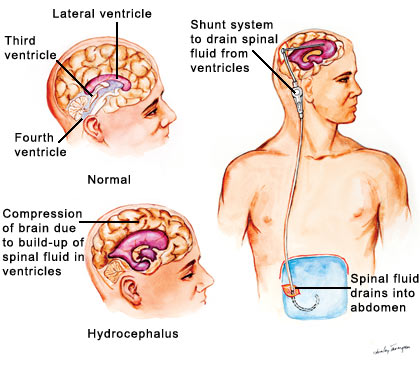
Tricia Pruitt fears her life is about to enter a chaotic, stressful stage she is ill-equipped to manage.
She suspects a family member is showing early signs of Alzheimer’s disease or another form of dementia. Expecting to become the primary caregiver, Pruitt has more questions than answers, but she started learning some of those answers Wednesday at the ninth annual Lucy and John Caddell Alzheimer’s Conference.
“We all have the fear of the unknown,” Pruitt said.
Some of those unknowns include how to persuade the family member to get tested when he doesn’t want to know the results; how to keep him encouraged and maintain his quality of life when he knows he’s losing mental abilities; when does she remove him from home and put him in a nursing home; which medications can help reduce his symptoms; and how long can she expect to be his primary caregiver?
The conference, presented by the Mental Health Association in Morgan County, was attended by more than 200 health-care providers and family members dealing with dementia. Topics dealt with the loss of multiple mental functions, such as memory, language comprehension or motor skills like walking and swallowing. In extreme cases, the brain is unable to continue instructing the body to survive.
Four speakers informed attendees of the latest research and practices in the dementia and geriatric medical world. One of those was Dr. Richard Powers, who has spoken at all nine conferences to explain the basics of dementia and what help is on the horizon.
America is behind the curve in dementia research, he said, but it’s trying to catch up, especially in Alabama, as government and community leaders realize dementia is a rapidly growing work-force issue.
Surveys show Pruitt, regional vice president for the North Alabama better Business Bureau, is the typical caregiver in America, Powers said. There are 8.9 million dementia-related caregivers in the U.S., and most are females age 40 to 60 working full-time, he said.
That is a major issue because these people, often the most capable and productive in the work force, are less likely to take job promotions and more likely to reduce working hours, said Dr. Powers, medical director of the Bureau of Geriatric Psychiatry and Pathology for the Alabama Department of Mental Health.
“This is going to be a worldwide disaster if we don’t do something about it,” he said.
Pruitt said finding the time to care for her family member, whom she wanted to remain anonymous, is a key concern because she already has a busy lifestyle. her immediate issue, however, is confronting him with the possibility he has Alzheimer’s and getting him tested so she can be better prepared to meet his specific needs, she said. As she learned from Dr. Powers, different forms of dementia have different treatments and care tactics.
Pruitt only learned of the family member’s potential dementia in December after she tried to get information from his doctor. when he learned she called his doctor, he became angry and told her the doctor suspected Alzheimer’s, she said, but then he didn’t want to discuss it further.
“He’ll talk about going crazy, and he doesn’t want to be a burden,” Pruitt said. “He does it out of a caring mode. It’s not a mean thing. I try to tell him, ‘That was families do for each other. That’s love.’ ”
Pruitt said the conference didn’t ease her fears, but it did help her feel empowered to know resources are available to help.
Dr. Powers said new drugs have shown the ability to reduce the negative impacts of certain kinds of dementia, but because different forms of dementia affect different parts of the brain, more research is needed to help pinpoint treatments that don’t damage other parts of the brain.
He also said medical tests that can show early warning signs of dementia are still inconclusive, and without proper treatments for preventing the onset of dementia, he recommends against people in their 50s getting tested.
The United States invests $500 million annually for dementia research, which Dr. Powers called “pathetic,” especially compared to Europe. He did, however, say he believes the medical industry will find foolproof early detection methods and ways to prevent dementia’s onset, but not reverse it.